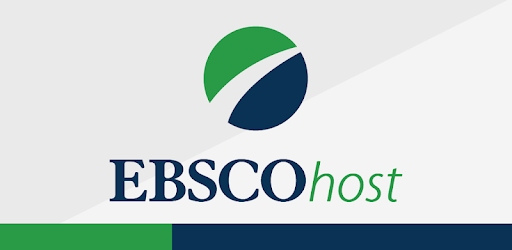The Shadow Education System: Students’ Responses to Private Tutorial Learning
DOI:
https://doi.org/10.32890/mjli2019.16.2.8Keywords:
Private tutorial learning, students’ reactions, social influence, rigidity of school system, parents affordability, theory planned behaviourAbstract
Purpose - In Malaysia, many families devote a portion of their income to private tutorial learning fees. Many parents, especially those who stay in urban areas, send their children for private tutorial learning. This research investigated the challenges of a shadow education system by analysing Malaysian secondary school students’ reactions to private tutorial learning.
Methodology - A survey instrument with a structured questionnairewas designed on a webpage and delivered via email and Virtual Learning Environment through Frog Asia, which is the first company to connect Malaysian schools through a single cloud-based learning platform. The online survey approach was chosen as a convenient and cost effectiveness means of interacting with respondents who were dispersed in various geographical locations across the country. 148 respondents from three Malaysian states, Penang, Perak and Johor, were identified using convenience sampling.
Findings - The results showcase the reasons for choosing private tutoring from both students’ and parents’ perspective. Significant findings revealed that the factors influencing students’ choice to attend private tutorial learning were the school environment, social influence, rigidity of the school system, students’ learning attitude and affordability for parents. The study also indicated that parents were exercising excessive force on students’ academic choices, which increased tension and anxiety among their children. Parental influence can be stressful and have a traumatic impact on children’s learning abilities. Furthermore, it was found that students were missing extra-curricular activities.
Significance - The secondary school syllabus is too crammed and its scope is too wide, leading school teachers to complete it without in-depth teaching and learning activities. Due to peer influence, private tuition becomes a routine activity, causing school students to miss extra-curricular activities. Ultimately, a good outgoing school student is a potential candidate for higher education, and educationally qualified and skilled persons are needed for the future economy of Malaysia. It is suggested that education policy makers should not introduce a rigid curriculum as rigidity leads to rote learning and produces poorly talented children.




























